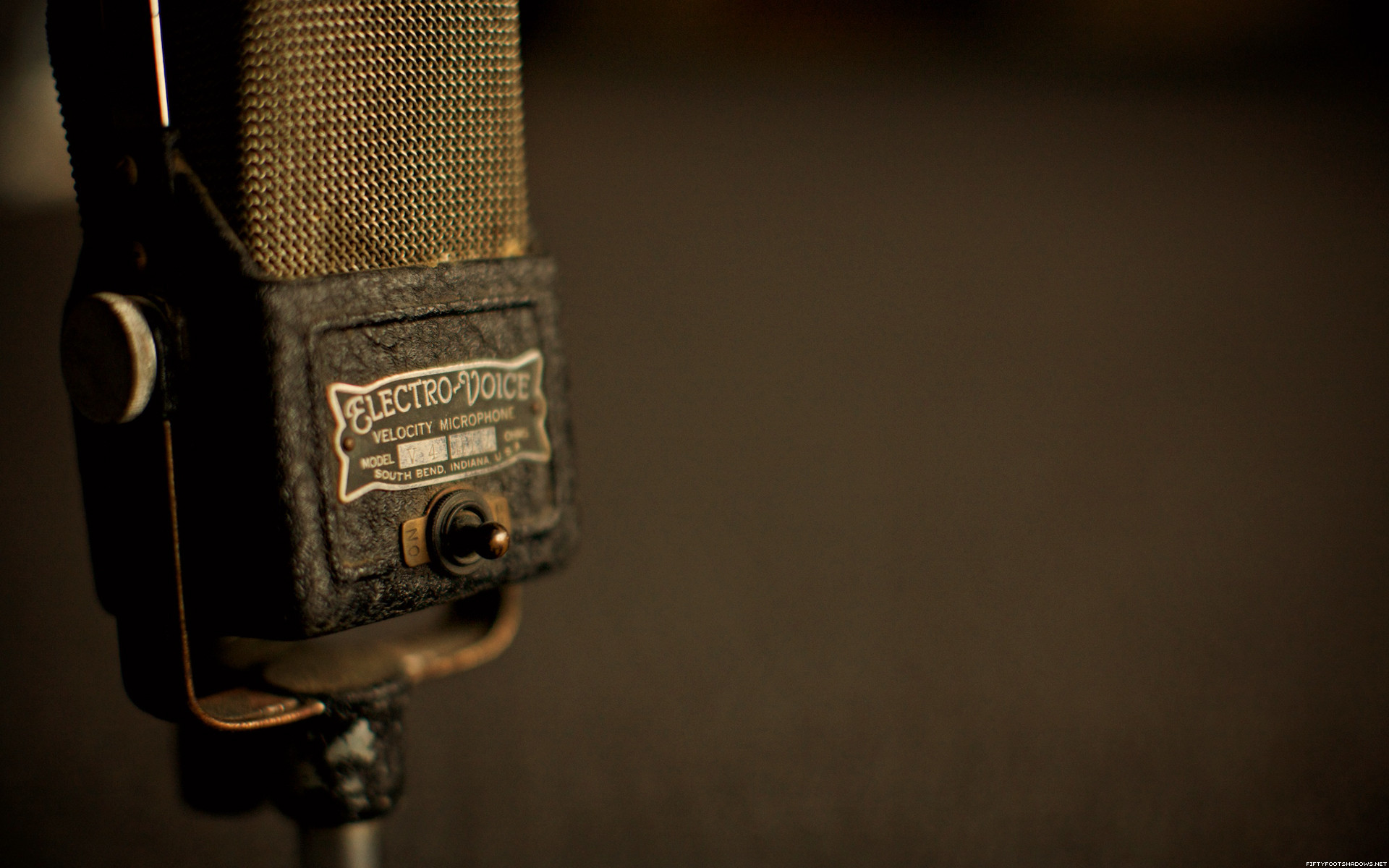

But most lossless streaming services can carry high-resolution audio sampled up to 192,000 times per second, enough to reproduce frequencies as high as 96,000 Hz. The digital audio on CDs is sampled 44,100 times per second, which is generally considered adequate to cover the full range of human hearing, up to about 20,000 vibrations per second (or hertz). The lossless streams will offer quality at least as good as you hear from CDs, and they can do even better. The advantage of lossy audio transmission is that it requires only about one-third to one-fifth as much internet bandwidth or storage space on your mobile device, so you can fit more downloaded files on your phone and run less risk of blowing past your cell service plan’s data limits.Īpple Music now offers lossless streaming at no additional charge to its subscribers. However, the data these technologies discard consists of sounds that humans rarely, if ever, notice-such as an acoustic guitar string being lightly plucked at the same instant as a loud cymbal crash. A “lossy” service, on the other hand, reduces sound quality by using a compression technology such as MP3, AAC, or Ogg Vorbis to discard most of the original digital data.

Lossless music streaming uses compression technologies (FLAC and ALAC) that do not discard any of the music file’s data, so listeners can access a perfect, bit-for-bit reproduction of the original audio. In the world of music-streaming services, “lossless” means that the streaming process does not affect the quality of the sound. But considering how Apple downplayed the announcement, preferring to focus on its introduction of Dolby Atmos immersive music (which we’ll discuss in a separate article), we have to wonder how many listeners will share audiophiles’ excitement. And so, in the course of a single morning, affordable, no-compromise music streaming had become widely available. Within hours, Amazon Music announced that it would eliminate its $5-per-month charge for lossless streaming. Audiophiles recently got what they’d long demanded: Apple Music announced on May 17 that it was adding a lossless streaming service that delivers uncompromised sound quality at no extra charge.


 0 kommentar(er)
0 kommentar(er)
